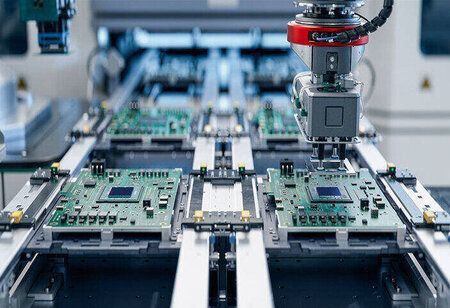
EU to Restrain AI Chip Flows to China as Part of US Trade Deal


Recent information about the new EU-US trade agreement reveals the bloc aligning more closely with Washington regarding technology, security, and trade, which could create a deeper divide in Europe’s ties with China.
A collaborative announcement verified that the European Union will agree to tariffs of 15 percent on 70 percent of its exports to the United States, as settled in July. It will also evaluate excluding American products from certain extensive climate regulations, while also reducing tariffs on U.S. items, including industrial products.
Although China is not referenced at all in a 19-point joint statement issued on Thursday – presented by Brussels as a “framework” for a more extensive trade agreement – implicit allusions emerged throughout.
The statement indicated that the European Union would purchase US$40 billion worth of AI chips from the US and would “embrace” US security standards to prevent technology leakage to problematic destinations, a euphemism typically associated with China.
Also Read: Investopia 2025: A Grand Plan to Revitalize the Global Investment Landscape
Although the US has revoked a Biden-era directive that restricted which EU countries could purchase US AI chips, the announcement indicates it still anticipates regulating their final destination.
EU trade chief Maros Sefcovic stated that the bloc had pledged to make sure the semiconductors do not “end up in the wrong hands.”
“They aim to ensure that when these AI chips arrive in Europe, they remain in Europe, are utilized for the advantages of the European economy, and are not rerouted elsewhere,” Sefcovic states.
Also Read: Mixed Thoughts Unfurl Among Leaders Globally Over Trump's Tariff Pause
“What matters is gaining access to these leading technologies, and we are certainly prepared to collaborate with our US counterparts to ensure that we adhere to all security protocols for both the EU and US, thus preventing sensitive technology from falling into the wrong hands.”

